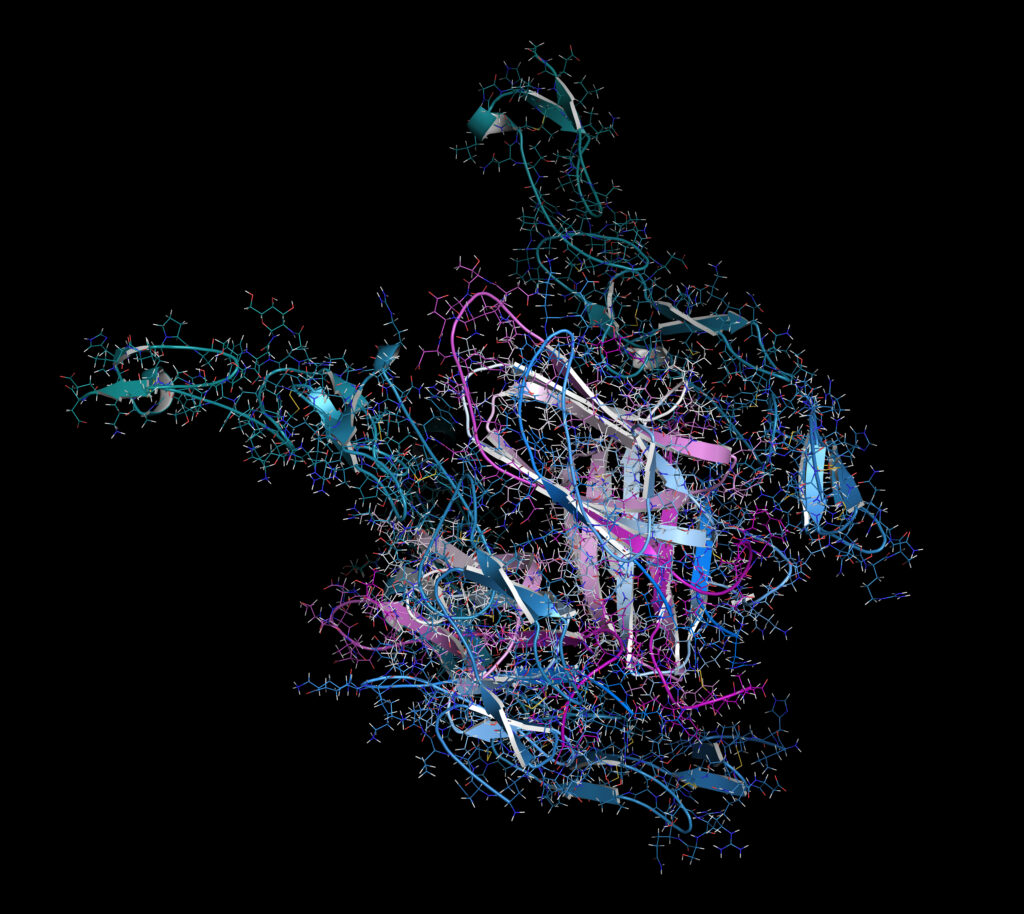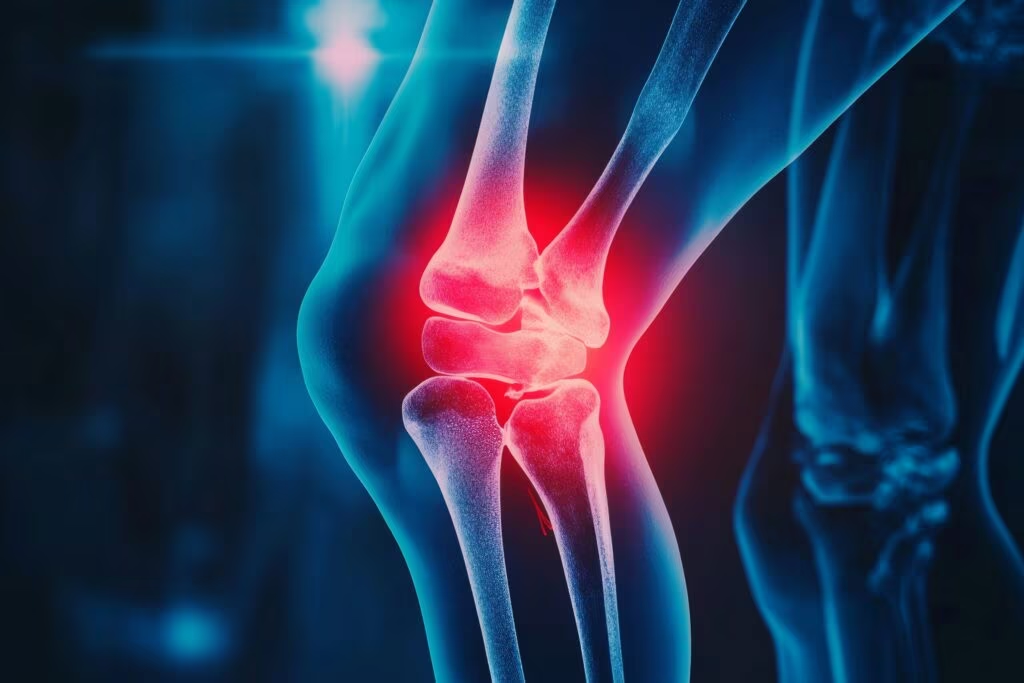Search Results
Showing Results for rheumatoid arthritis

RGB-19 Matches Tocilizumab in Efficacy and Safety: Promising Phase III Data from RA Biosimilar Trial
In this EULAR 2025 interview, Professor Ernest Choy (Cardiff University School of Medicine, UK) discusses the Phase III trial results of RGB-19, a proposed biosimilar to tocilizumab, in adults with active rheumatoid arthritis. He outlines the study’s design, key efficacy and safety findings, and the potential impact of biosimilars like RGB-19 on improving access to biologic therapies.

Interstitial lung disease (ILD) is a common and potentially fatal complication of systemic autoimmune rheumatic diseases (SARDs), such as rheumatoid arthritis (RA) and systemic sclerosis (SSc). ILD may be the first sign of disease or develop later, often with variable clinical courses. Early detection is critical, as delayed diagnosis contributes to poor outcomes. In response, the 2023 American College of Rheumatology (ACR) guidelines emphasize routine screening and risk-based strategies to improve identification and management of SARD-associated ILD (SARD-ILD).

Physician burnout is at a critical point. In this episode, Nicky speaks with Dr Alfred Atanda about why so many physicians are burning out and what can be done to change the trend. From personal experience to system-wide solutions, Dr Atanda shares valuable insights on improving physician well-being and building a more effective healthcare culture.

touchREVIEWS in RMD is proud to welcome Dr Vinod Ravindran to our editorial board. With a distinguished background in clinical rheumatology, medical education, and research, Dr Ravindran is widely recognized for his contributions to advancing care and understanding in the field.

In this episode, we explore the future of continuing medical education (CME) with the team behind touchIME. Hannah Fisher and Matthew Goodwin share insights into global and US trends, the importance of patient inclusivity and how educational outcomes are evolving to better measure the direct impact of learning on clinical practice and patient care.

In this edition of our Future Leaders series, we speak with Dr. Santhanam Sham, a rising star in rheumatology. As a Senior Consultant at Kauvery Hospitals, Chennai, Dr. Sham is dedicated to advancing research on autoimmune diseases like SLE and vasculitis, while also fostering patient-centric care and embracing cutting-edge medical technologies.

From advances in targeted therapies to the integration of AI and steps towards precision medicine, 2024 brought many exciting developments in the field. With 2025 now unfolding, many of these are likely to continue gaining momentum and potentially redefine patient care. In ...

Rheumatoid arthritis (RA) is one of the most challenging autoimmune diseases. Early, targeted and effective therapy is crucial for achieving remission and preventing long-term joint destruction. Over the past two decades, tumour necrosis factor (TNF) inhibitors (TNFi) have been the ...

To gain expert insight into the most impactful developments of the past year and the trends set to shape the next, we reached out to our esteemed expert faculty. From advances in targeted therapies to the integration of AI and steps towards precision medicine, here’s what our experts had to say.

The use of immune checkpoint inhibitors (ICIs) in treating cancer has greatly improved survival outcomes, particularly in patients with advanced disease for whom successful treatment options have previously been limited. For example, in patients with metastatic melanoma, the median survival ...

Join us as we unveil the content that made the greatest impact in 2024. From insightful Q&As and news articles to engaging podcasts, conference highlights, and medical education resources, this year has been filled with valuable content designed to support your daily practice and, ultimately, enhance patient care.

Recent advancements made in understanding the pathology of inflammatory skin conditions have enabled JAK inhibitors, initially developed for haematology over 20 years ago, to be investigated for dermatological use. In this episode, Dr William (Bill) Damsky discusses JAK inhibitors’ journey from proof-of-concept to treating a wide range of skin conditions, their future impact on rare diseases and the debate around safety.

A new study published in RMD Open has revealed that individuals with rheumatoid arthritis (RA) are significantly more likely to experience cognitive impairment. The study, which involved 70 RA patients and 70 matched healthy controls, showed that 60% of RA patients scored below the threshold for cognitive impairment on the Montreal Cognitive Assessment (MoCA), compared to 40% of the control group. This cognitive decline was most pronounced in visuospatial-executive function, memory and abstraction.

As we have come to expect, EULAR 2024 was a busy and productive meeting, packed with news and lively discussions among rheumatologists. The conference, which took place in Vienna, Austria, highlighted a wealth of innovative research and significant advancements in rheumatology. ...

Beginning with the Canadian Early Arthritis Cohort (CATCH) we explore non-articular pain in patients with early RA and discuss how the findings could support a link between disease activity and non-articular pain, as well as confirm the need to intervene. Staying in early RA, we then discuss the two-year data PRAIRI trial data and what they demonstrated in terms of the impact of rituximab on the quality of life of patients with pre-RA.

There is much excitement about the deployment of artificial intelligence (AI) in healthcare, and the musculoskeletal field is no exception. In this article, we introduce some of the latest developments relating to osteoarthritis (OA), osteoporosis, rheumatoid arthritis (RA) (as an ...
Latest articles videos and clinical updates - straight to your inbox
Log into your Touch Account
Earn and track your CME credits on the go, save articles for later, and follow the latest congress coverage.
Register now for FREE Access
Register for free to hear about the latest expert-led education, peer-reviewed articles, conference highlights, and innovative CME activities.
Sign up with an Email
Or use a Social Account.
This Functionality is for
Members Only
Explore the latest in medical education and stay current in your field. Create a free account to track your learning.


